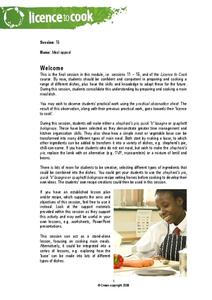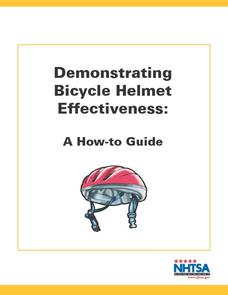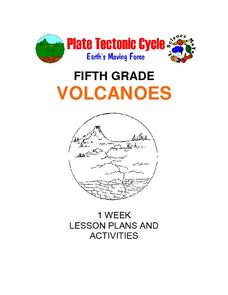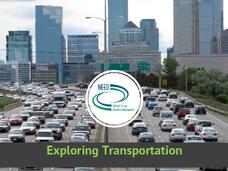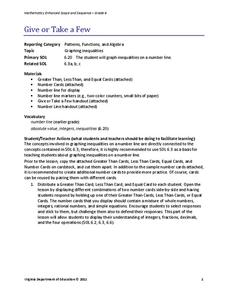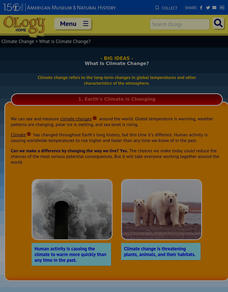NIOS Download
The Harappan Civilization
The Harappan Civilization, also known as the Indus Valley civilization (2600 BC-1900 BC), is the focus of a resource packet that details the rise and fall of a culture that existed in India during the Chalcolithic period of history.
Dick Blick Art Materials
No-Fire Nouveau Tiles
Kiln-glazed ceramics not an option? Kids can create their own art nouveau tiles using ceramic bisque tiles. The packet includes a video to prepare and inspire your artists, as well as detailed directions for various age groups, a...
Food a Fact of Life
Feel the Rub
Cheesy scones, rock cakes, and scone-based pizza are featured in this exercise that focuses on shaping rubbed-in dough. The 13-page packet includes step-by-step directions, shopping and equipment lists, images, and worksheets.
Food a Fact of Life
Meal Appeal
To demonstrate their mastery of time management and kitchen organization skills, groups prepare either a shepherd's pie, lasagne, or spaghetti bolognese.
National Highway Traffic Safety Administration
Demonstrating Bicycle Helmet Effectiveness
A well-fitting helmet can be the difference between an unfortunate bicycle accident and a tragic bicycle accident. Encourage your class to exercise bike safety with a set of lessons that demonstrate the importance of wearing a helmet,...
Curated OER
Volcanoes: Fifth Grade Lesson Plans and Activities
Fifth graders explore volcanoes and the rocks they produce using the Internet. The lab portion of the lesson prompts young scientists to compare and describe igneous rocks. Next, they critique a pair or more of books on volcanoes in...
Curated OER
Earthquakes: Fifth Grade Lesson Plans and Activities
After learning about P waves and S waves, fifth graders view the intensity of earthquakes by examining seismographs and images of earthquake damage. Young scientists then forecasting future quakes by analyzing data about earthquakes...
Curated OER
Plate Tectonics: Fifth Grade Lesson Plans and Activities
Fifth graders continue their investigation of the plate tectonics cycle with an exploration of the movement of Earth's crust. During the lab, young geologists conduct an experiment to discover the result of different types of stress...
Mr. E. Science
Volcanoes
What is the difference between a shield volcano and a cinder cone volcano? How does the flow of lava influence the type of rock that's formed? A presentation on different aspects of volcanoes answers these questions for middle school...
Center for Learning in Action
Introducing Physical and Chemical Changes
Young scientists investigate chemical and physical changes to the states of matter—gas, liquid, and solid—as well as solutions and suspensions with a variety of demonstrations, grand conversation, and an interactive quiz to check for...
National Energy Education Development Project
Exploring Transportation
Did you know horsepower is actually based on the power of a horse? 60 horse power is the equivalent of being pulled by a team of 60 horses! Viewers will learn other interesting facts like this from a presentation that begins with the...
National Institute of Open Schooling
Chemical Equilibrium
Le Chatelier's interest in thermodynamics and building materials such as cement and plaster led to the Le Chatelier Principle in 1884. Activity 13 in a series of 36 extensively explores chemical equilibrium. Learners read about...
National Institute of Open Schooling
Chemical Thermodynamics
All chemical reactions require energy. To explore thermodynamics, classes read and discuss its laws, exothermic and endothermic reactions, enthalpy in many forms, calculate enthalpy problems, and use Hess' Law to calculate enthalpy of a...
National Institute of Open Schooling
Solutions
Aqua regia, or royal water in Latin, is a solvent that can dissolve solid gold and platinum into a solution. Activity nine in a series of 36 allows classes to learn, through readings and answering questions, what a solution is and the...
Cornell University
Constructing and Visualizing Topographic Profiles
Militaries throughout history have used topography information to plan strategies, yet many pupils today don't understand it. Scholars use Legos and a contour gauge to understand how to construct and visualize topographic profiles. This...
Virginia Department of Education
Give or Take a Few
Young mathematicians extend their knowledge of rational numbers on a number line to graph inequalities by first using number cards to compare rational numbers. They finish by using similar reasoning to graph inequalities on a number line.
Prestwick House
Understanding Language: Slant, Spin, and Bias in the News
We live in a time of fake news, alternative realities, and media bias. What could be more timely than an activity that asks class members to research how different sources report the same topic in the news?
Cold Spring Harbor Laboratory
Genes Don't Blend
Yellow and blue make green—unless you're studying the inheritance of genetic traits. An interactive lesson explains the difference between blended traits and pure traits and gives examples of their occurrence. The resource includes a...
American Museum of Natural History
What Is Climate Change?
So many factors show that climate change has arrived. Learners read through an online resource that explains the data and the consequences of climate change. They also review strategies for slowing or even reversing the global influence.
Other popular searches
- Mixtures and Solutions
- Separating Mixtures
- Elements Compounds Mixtures
- Elements, Compounds, Mixtures
- Compounds and Mixtures
- Separation of Mixtures
- Homogeneous Mixtures
- Mixtures Solutions
- Mixtures and Pure Substances
- Science Mixtures
- Science Separating Mixtures





